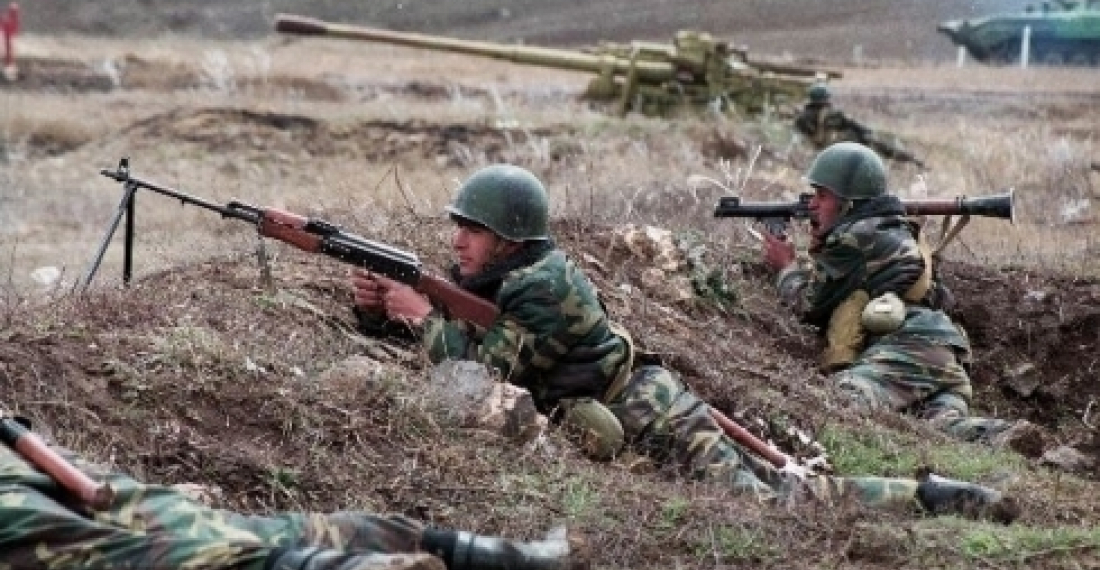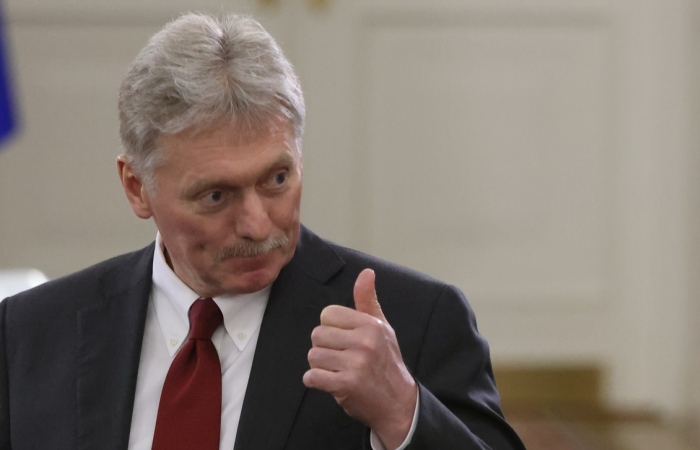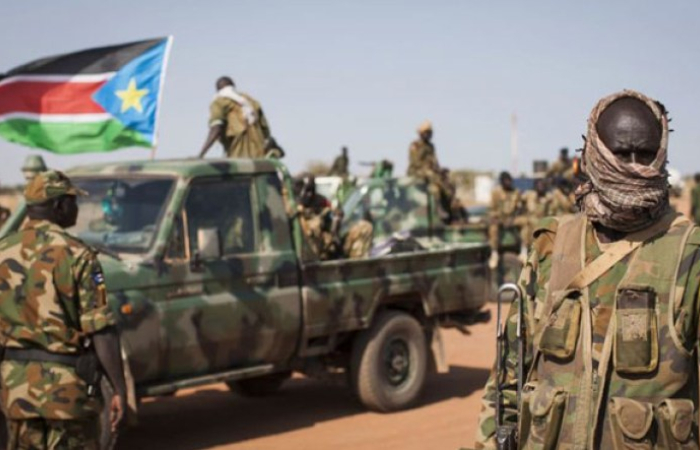A young Armenian serviceman fighting for the Nagorno-Karabakh Republic army was killed on the Line of Contact on Wednesday night, as sporadic fighting continues.
Armen H Martirosyan was fatally wounded at around 8pm, NKR military sources confirmed. "Starting at 19.30 May 11, and overnight May 12, Azerbaijan violated the ceasefire agreement by firing various caliber weapons, grenade launchers and mortars."
An investigation is underway to explain the exact causes of the incident. In four days of fierce fighting between April 2 and 5, dozens of soldiers on both sides were killed. Casualties have been fewer since then, but are still taking place semi regularly.
At the same time as Armenia accused Azerbaijan of breaching the ceasefire, Azerbaijan also accused Armenian troops of the same thing overnight. Since four days of fierce fighting at the beginning of April, each night both sides have accused each other of initiating continued hostilties, and say they act with force only in self-defence.
Armenian media stressed the fact that the fatal incident came just hours after an OSCE monitoring mission, which travelled to the Line of Contact on Wednesday in the daytime, witnessing no violations.
"[This] shows that the Azerbaijani side ignores the mediation efforts to resolve Nagorno-Karabakh conflict and once again confirms the necessity of installing incident investigation mechanisms as soon as possible," said Armenpress.
SOURCE: commonspace.eu and agencies
PHOTO: taken from APA.az







